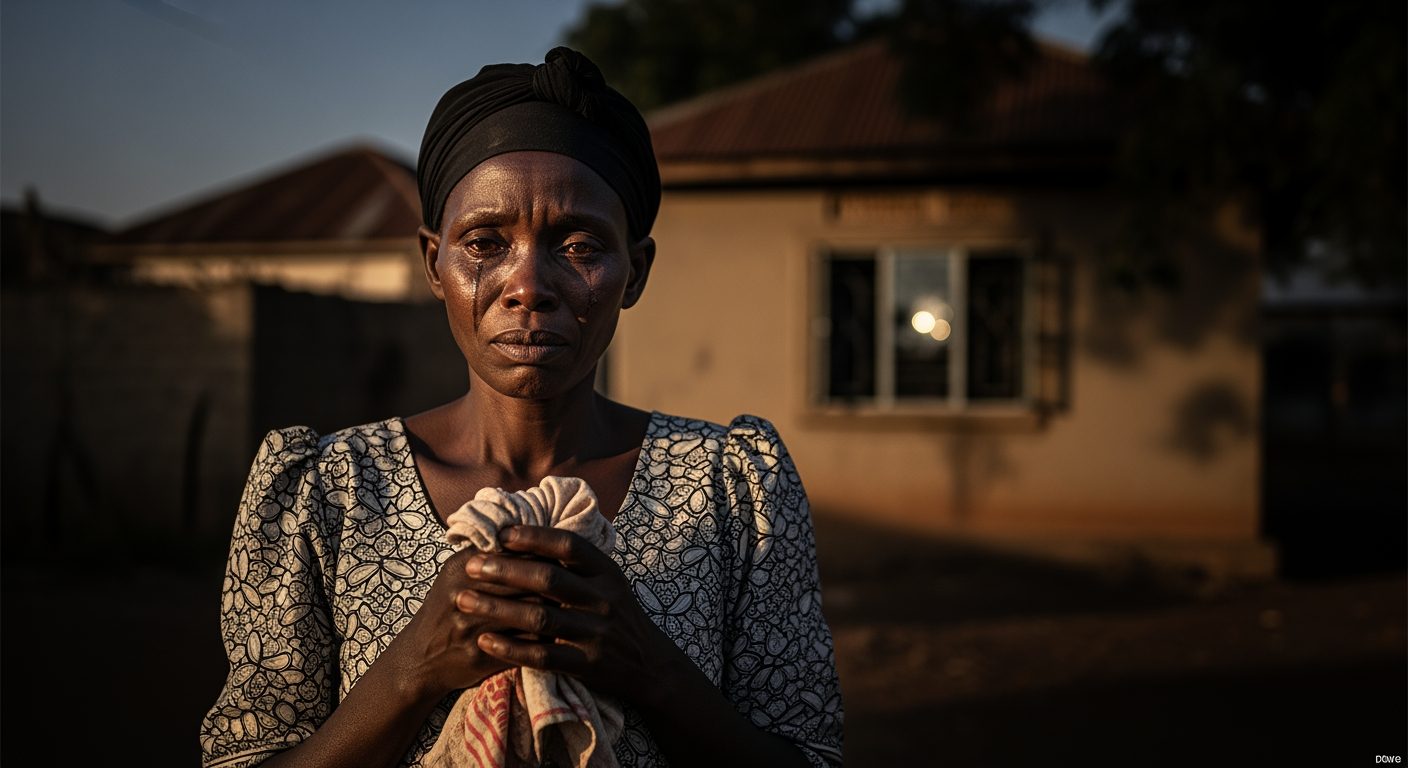Related Articles

Berlin Airport Grounded by Drone Incursion, Highlighting Escalating European Airspace Threat




Dar es Salaam, Tanzania – Tanzania is facing a deepening political and humanitarian crisis as opposition parties allege that hundreds of their supporters have been killed in a wave of violence following a contentious national election. The accusations, primarily from the main opposition Chama Cha Demokrasia na Maendeleo (Chadema) party, paint a grim picture of escalating unrest across major cities, countered by official government silence and a pervasive information blackout. The claims have drawn urgent calls for transparency and independent investigation amidst a nationwide internet shutdown and reports of heavy security deployment.
The recent general election, held in late October 2025, concluded in widespread protests and clashes between demonstrators and security forces, particularly in Dar es Salaam and Mwanza. Chadema spokesperson John Kitoka stated the party's belief that approximately 700 people have died in election-related violence across the country. This figure includes an estimated 350 fatalities in Dar es Salaam and over 200 in Mwanza alone. "The death toll could be much higher," Kitoka warned, citing concerns about killings potentially occurring during an imposed nighttime curfew. While these figures remain unverified by independent sources, a security source reportedly told AFP that they had heard of 500-800 deaths nationwide, and Amnesty International received information suggesting at least 100 fatalities. The United Nations, in an initial assessment, indicated credible reports of at least 10 people killed in protests across three cities, a stark contrast to the opposition's higher estimates. Diplomatic sources have also cited intelligence suggesting at least 10 fatalities in Dar es Salaam alone.
The protests erupted in response to what opposition supporters describe as a stolen election and the systematic exclusion of key opposition figures. In the lead-up to the vote, Chadema's main challenger, Tundu Lissu, faced treason charges and was reportedly banned from running, while Luhaga Mpina of the Alliance for Change and Transparency (ACT-Wazalendo), the second-largest opposition group, was disqualified on technicalities. Chadema subsequently announced a boycott of the election, demanding fundamental electoral reforms. These actions effectively cleared the path for incumbent President Samia Suluhu Hassan, who was seeking to solidify her position in what became a virtually uncontested election. Critics and human rights groups described a "wave of terror" preceding the vote, marked by alleged abductions, arrests, and extrajudicial killings of government critics and opposition activists. This environment created a climate of fear, further fueling public anger that erupted into full-scale demonstrations on election day.
The government's response to the escalating crisis has been characterized by a significant security crackdown and a near-total information blackout. Authorities have largely remained silent on casualty figures, instead characterizing protesters as "criminals." Police and military forces have been heavily deployed in cities like Dar es Salaam, imposing curfews and dispersing demonstrations with tear gas and reported gunshots. A nationwide disruption to internet connectivity, confirmed by monitoring group NetBlocks, further hampered the flow of information and coordination among protesters, effectively isolating the nation during a critical period of unrest. Reports have also emerged accusing President Hassan's son, Abdul Halim Hafidh Ameir, of overseeing an "informal task force" of police and intelligence services responsible for managing election security and a surge in abductions of government critics. This alleged involvement has drawn considerable public anger and scrutiny.
The current crisis echoes a pattern of alleged repression and electoral irregularities that has concerned human rights observers and international bodies in previous Tanzanian elections. The 2020 general election, particularly in the semi-autonomous archipelago of Zanzibar, was marred by similar accusations of violence. Human Rights Watch documented at least 14 deaths and 55 injuries in Zanzibar between October 26 and 30, 2020, as security forces reportedly fired on crowds and arbitrarily arrested opposition supporters. The United Nations High Commissioner for Human Rights also called for investigations into allegations of at least 10 deaths in Zanzibar during the two days leading up to the 2020 polls. Opposition parties, including ACT-Wazalendo, claimed a higher death toll of their members in Zanzibar, reaching 13 by the close of elections. Despite these reports, Tanzanian police officials denied significant fatalities, claiming only a handful of deaths from "sporadic violence." International observers, such as the Electoral Institute for Sustainable Democracy in Africa (EISA), raised serious concerns about the credibility of the 2020 elections, citing widespread irregularities, limitations on political campaigning, and restrictions on freedoms of assembly, speech, and the press. The ruling Chama Cha Mapinduzi (CCM) party has maintained a dominant position in Tanzanian politics since the country's independence, with critics often pointing to a shrinking democratic space and concerted efforts to stifle opposition.
As the nation grapples with the fallout from the recent elections, the unconfirmed but substantial claims of fatalities have placed Tanzania at a critical juncture. Human rights organizations and the international community are intensifying calls for independent and impartial investigations into the alleged abuses, demanding accountability for those responsible and justice for victims and their families. The widespread civil unrest, coupled with a severe information clampdown, signals a deeply fractured political landscape. The future of democratic processes and human rights in Tanzania hinges on a transparent resolution to the current crisis and a renewed commitment to upholding fundamental freedoms.